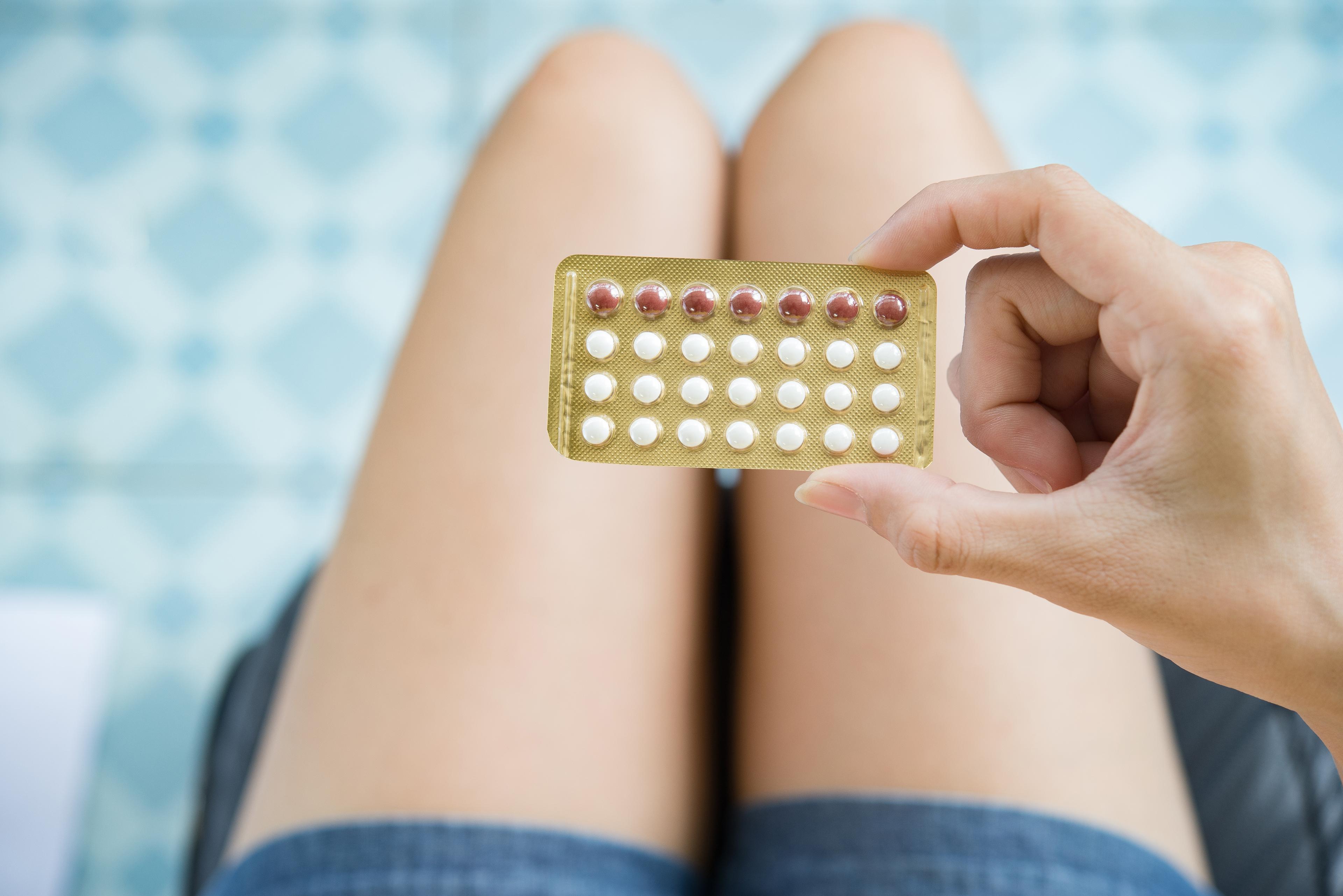
How Do Birth Control Pills Affect Fertility?
One in six adults, or 17.5% of the global population, is infertile, highlighting the need for trustworthy and easily accessible fertility services. Many women worry that long-term use of birth control may interfere with their ability to conceive. Fortunately, extended use of birth control pills is not expected to harm future fertility.
How do birth control pills prevent pregnancy?
Birth control pills prevent pregnancy by suppressing ovulation—the monthly release of an egg from the ovaries. They also thicken cervical mucus, making it harder for sperm to reach the egg inside the uterus.
Birth Control and Infertility
Using hormonal contraceptives for years does not lead to infertility. These methods temporarily suppress fertility, but once stopped, normal fertility usually resumes.
Progestin and estrogen in the pills thicken cervical mucus and inhibit ovulation, making fertilization less likely. Importantly, they do not impair long-term fertility.
Birth Control Pills, Patches, and Rings
Oral contraceptives (BCPs), patches, and rings all function similarly. They regulate ovulation and make it harder for sperm to reach or fertilize eggs.
Menstruation typically resumes shortly after discontinuing use. In fact, BCPs may help preserve fertility by:
• Reducing the likelihood of ovarian cysts
• Managing or preventing endometriosis
• Lowering the risk of ovarian cancer
How long do birth control effects last?
Most hormonal birth control methods leave the body within 1–2 weeks of stopping. The exception is the injection, which takes longer. Pregnancy can occur just weeks after stopping birth control.
Birth Control Does Not Cause Infertility
Infertility is more commonly caused by conditions such as hypothyroidism or PCOS—not birth control.
The pill only temporarily disrupts your cycle and typically restores normal menstruation once stopped. If irregular periods occur post-pill, it may be due to an underlying condition that was previously masked.
Why the Misconception?
Hormones in birth control pills suppress ovulation and may delay the return of regular cycles. This delay often leads women to believe the pill has impacted their fertility, but it’s only a temporary effect.
Chances of Pregnancy After Stopping Birth Control
Pregnancy is possible as soon as ovulation resumes—sometimes even before the first post-pill period. Many OB-GYNs recommend stopping the pill only when you're ready to conceive, as some women get pregnant quickly.
It’s important to consult a doctor if you don’t conceive within a few months of stopping the pill to rule out other causes.
Is It Possible to Get Pregnant While Having Periods?
Even under normal conditions, it can take several months to get pregnant. Around 40–50% of healthy couples conceive within 3 months of unprotected sex. If concerned, consult a fertility specialist.
How to Stop Birth Control if Planning Pregnancy?
Finish your current birth control cycle before stopping. Afterward, your natural cycle typically resumes, and conception becomes possible.
Conclusion
Long-term use of birth control pills does not affect your ability to get pregnant. If you haven't conceived after a year (or six months if you're over 35), consult a fertility expert.
At Vriksh Fertility, our team is here to guide you on your fertility journey. Book a consultation today.

